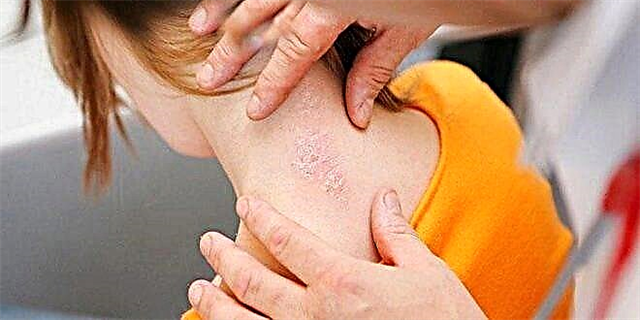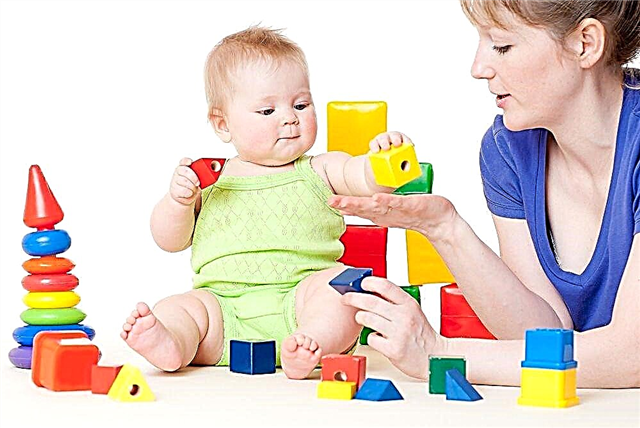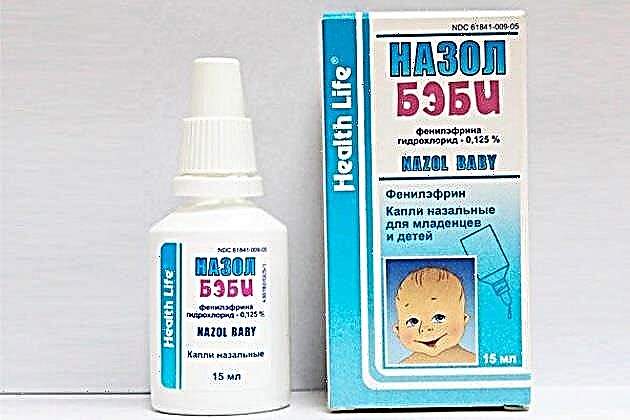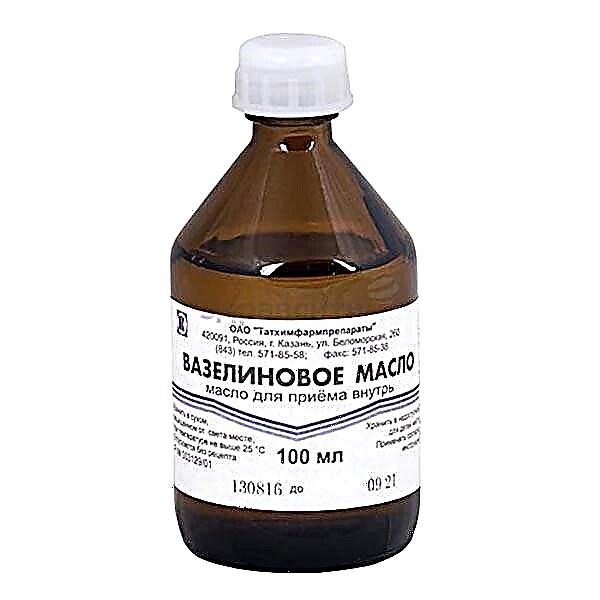
About 3% of children and adults suffer from psoriasis. This ailment manifests itself mainly in adolescence. At risk are young people under 25 years of age, although repeated cases of later and earlier manifestations of the disease have been described. The difficulty in treatment lies in the fact that it is considered impossible to cure the disease, it always has an exclusively chronic course with periods of remission and exacerbation.
In this article, we will talk about the possible psychosomatic causes of psoriasis.
About the disease
Psoriasis is a non-communicable, non-communicable disease that mainly affects the skin. The reasons for its appearance are unknown to medicine, while the theory of the autoimmune origin of the disease is used as the most likely theory of occurrence. Psoriasis is the formation of reddish, dry skin. They rise slightly above the main skin layer, protrude slightly. Papules tend to coalesce and form plaques. They are called psoriatic.
Times of relative "calm" under the influence of some unfavorable factors are replaced by relapses. Medicine includes bad habits, infectious diseases, stress among such factors. The earlier treatment begins, the more chances that the child's quality of life will be improved.... In the absence of symptomatic therapy, plaque can cover the entire body. In severe cases, psoriatic joint damage develops - psoriatic arthritis.
Treatment includes treating the plaque with moisturizers, taking antihistamines, hormones, and immunosuppressive drugs that suppress the immune system (in severe cases).

Causes
Psychosomatics considers human health not only from the point of view of anatomy and physiology, but also from a psychological point of view. Due to the fact that scientists and physicians have not been able to officially establish the reliable causes of psoriasis for many years, psychoanalysts and psychologists are also trying to do their bit. Many patients with psoriasis require constant psychotherapeutic help, since external psoriatic changes severely traumatize the psyche, a person needs help and support.
Gradually, over many years of observation, it was possible to create a psychological portrait of people with this ailment, which helped to clarify their common features and formulate what possible psychosomatic causes could underlie the disease. It should be understood that the skin performs the function of protection and at the same time communication with the outside world.... On the one hand, they protect the body from what may be aggressive in the external environment, on the other hand, they communicate with the world (heat transfer, sweating). Receptors on the skin allow the brain to receive information about what is happening around - warm or cold, wet or dry, etc.
From the point of view of psychosomatics, the skin feels not only temperature changes and other physical effects, but also reacts in one way or another to invisible psycho-emotional effects. That is why, in a state of severe fright, we turn pale (blood vessels narrow, blood outflow occurs), in a state of joy or embarrassment, we blush (reverse process).

The state of health of a person's skin is the state of health of his communication with the outside world.
If a person feels that the world is hostile, unpleasant, too bad, dirty, dangerous, then the skin (as the border between a person and the world) quickly begins to react painfully to the external environment.
At the physiological level, negative attitudes and emotions change the state of the hormonal background, affect the work of the nervous system, which immediately affects the work of the secretory glands of the skin, which leads to a wide variety of skin problems.
Psoriasis differs from other skin ailments not only in that it cannot be cured, but also in psychosomatic features.
- Observations of patients with psoriasis allowed psychotherapists to argue that the disease develops more often in those who categorically reject the outside world, react to it with caution... These are people who do not like to make new connections, do not like new acquaintances, we can say that they do not like people at all... They feel good alone with themselves, at any opportunity they seek to retire. The subconscious mind quite sensitively picks up what exactly a person needs, and creates such diseases for him with which he will have more chances to live a life alone (psoriasis in this case frightens off others). So a person gets what he "ordered" for himself - loneliness and solitude.

- Another category of patients with psoriasis is people who are aggressive towards the outside world... They differ from the first category in that they not only do not feel uncomfortable in the world in which they live, in society, but are also ready to declare war on this world at the first demand. They are often angry with everyone - neighbors, relatives, work colleagues or schoolmates, and at the same time with the government and pop stars. They "create psoriasis" so that it would not even occur to anyone to violate their personal boundaries, to invade and move towards rapprochement. Psoriasis is their defense.
- The development of psoriasis and people who are too anxious and affected by public opinion... They do not tolerate their own weaknesses and do not forgive them to others, their exactingness is sometimes pathological in nature. Also, psychotherapists often call this ailment the disease of snobs (when a person is fenced off from the world because he considers the world and the people in it to be worse than himself, unworthy of himself).
Please note that all psychotypes of patients with psoriasis, except for snobs, are characterized by low self-esteem, dissatisfaction with their own appearance, their actions.

The problem comes from childhood
Psoriasis is one of the few diseases that always has childhood roots, that is the basis for wrong attitudes in human consciousness is laid precisely in childhood... Knowing this will make it easier to prevent psoriasis in your children.
Parents are quite capable of not creating destructive and destructive ideas about the external world into which he came in the child. As usual they do it: “don't touch it, it's dangerous”, “don't walk through puddles, you'll catch a cold and die”, “be careful, don't talk to strangers”, “there are only liars and scoundrels around”. Also the child sees and copies the model of attitudes towards the world used by his mother and father.
If the parents themselves are rather aggressive in their actions and statements, if they do not know how to establish relationships with others and try to isolate themselves from them, then the child is confident from childhood that the world is really dangerous and unfriendly, that it is better to be afraid of it in order to survive.
In childhood, quite often, parents, wishing to save their child from trouble, resort to total control (this is especially noticeable in the example of adolescents). If the mother and father begin to violate the personal boundaries of the child and do it quite aggressively, persistently and regularly, then the likelihood that a young man or girl will want to isolate himself even more and protect himself from interference increases... Unfortunately, some people do it too "well", and psoriasis starts vulgar (common). Only an adequate perception of the world from childhood can protect a child from a wide range of skin diseases.

Researchers' opinion
Louise Hay describes the psychosomatics of the disease as extreme, an aggravated fear that someone from the outside will certainly offend, as a result of this fear, a person almost loses self-awareness, self-confidence (in a good sense of the word), he even refuses to be responsible for the feelings he experiences.
Canadian psychologist Liz Burbo writes that a person with psoriasis is simply very uncomfortable in his own skin, he subconsciously wants to get rid of it, change your appearance. Such people definitely need the help of psychologists, because on their own they cannot accept themselves as they are.
Doctor-psychotherapist Valery Sinelnikov, observing his own patients, expressed confidence that strong feelings of guilt and a person's inner need to be punished lead to psoriasis... In addition, he claims that psoriasis is characteristic of those who are too squeamish, who wants to protect themselves with all their might from everything dangerous, unclean from the surrounding world (the same childish attitude that we described above). If plaques appear on the hands - this is a signal that a person is irritated by others, on the head - there are problems with self-esteem, on the back - a person is burdened by the "burden" imposed on him from the outside.
Treatment should include symptomatic techniques adopted in dermatology, with medications and physiotherapy, and incorrect psychological attitudes must also be worked out. Without this, psoriasis will progress and worsen more often. Correctly done psychological work will provide a stable and long-term remission.




